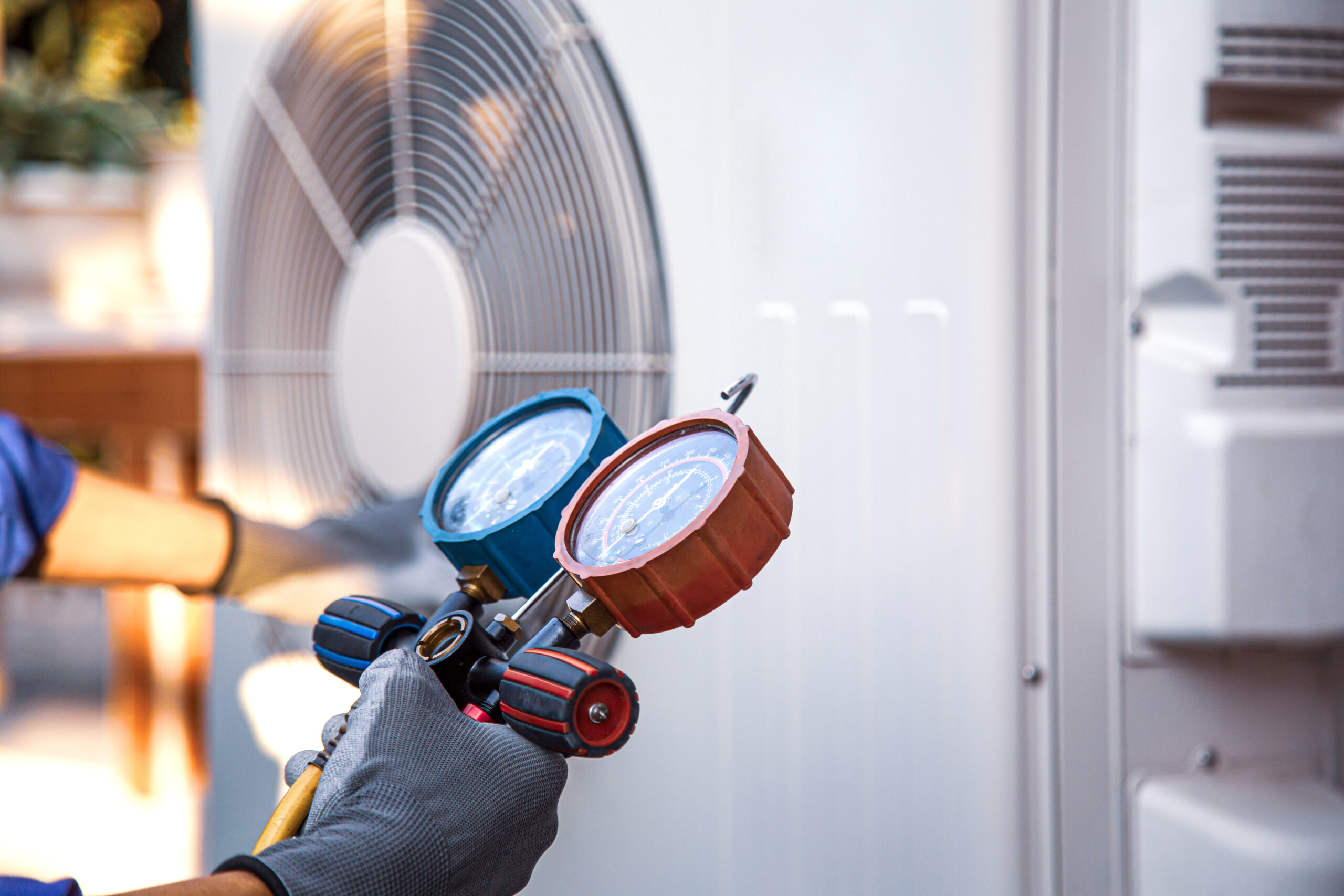When you’re looking for a reliable company to take care of your commercial HVAC system, don’t trust just anyone. Although your business’ HVAC system serves the same purpose as your heating and cooling system at home, there are some key commercial and residential HVAC differences that you should be aware of. While it may be easy to call a number you see on an HVAC company’s truck, doing your research first makes sure they will service commercial HVAC systems as well as residential ones.
The team at Novak Heating, Air, and Duct Cleaning explains the differences between residential and commercial HVAC systems and why it’s important to only trust qualified pros on your business’ heating and cooling systems.
6 Differences Between Commercial and Residential HVAC Systems
HVAC is not a one-size-fits-all kind of industry. Systems are often built custom with a team of mechanical engineers to create the optimal comfort experience. Your home may have a different HVAC system than your neighbor’s house, just like one business might have different HVAC needs than another business down the street. If you are looking for a commercial HVAC systems company, make sure they are experienced in dealing with these types of systems because there are many differences between residential and commercial systems.
1 – Location
When you have a business, you want to make as much use of the floor space as possible, and using a room to house a furnace can be a costly expense. Most commercial HVAC systems are mounted on rooftops. This is also because larger commercial HVAC systems are noisier than residential models. By placing these systems on the roof, you eliminate noise pollution and save floor space.
2 – Size
The size of your home’s HVAC system is based proportionally to the home’s size. However, commercial HVAC systems are so large, they require more space. It’s not just the units themselves that are larger. Commercial HVAC systems have much larger components that demand more space. If you wanted to make a large hardware store comfortable, it would take dozens of small residential HVAC systems to match the power of one commercial unit.
3 – Complexity
Although they might be the same size, a factory might have different climate control needs than a big box store. A commercial building that manufactures materials will have different needs than a warehouse storing perishable foods. That is, businesses need to run at a cooler or hotter temperature inside to preserve the materials or to make a room colder to prevent the factory equipment from overheating. Many commercial properties require different temperature zones. There are many complex factors that go into designing commercial HVAC systems.
4 – Drainage
A residential HVAC system contains one drainage pan to eliminate condensation. Commercial HVAC systems contain multiple pipes and pans to create a drainage system to ensure complete evaporation and eliminate the possibility of overflowing. These large and complex drainage systems require planning and careful installation.
5 – Manufacturing
Residential units are usually a split system, with one inside and the other outside. You cannot expand or add to your home’s heating and cooling systems, you can only replace them. A commercial HVAC unit is designed to be modular. Both systems are often housed in one unit and can be easily added upon. Commercial properties often adapt and conform to the business operating within them. One year a building might be a grocery store and the next year it might be a gym. The HVAC system requirements for these different kinds of businesses affect how the building should be heated and cooled, so the HVAC system needs to be easily changed.
6 – Maintenance Requirements
Because a commercial system is much larger and much more intricate, it’s more likely parts will break and things will need to be repaired. You may find that you need maintenance and repairs more frequently on a commercial system than on a residential system and that these repairs can cost much more. It’s important to hire certified technicians that are familiar with the complex nature of your commercial HVAC system. Experienced commercial technicians use state of the art equipment to troubleshoot the problems. Highly trained professional technicians make sure your system is running as efficiently as possible and can make repairs quickly.
Trust Novak With Your Cedar Rapids Commercial HVAC Systems
Both businesses and residential properties can trust their commercial properties in Cedar Rapids to Novak Heating, Air, and Duct Cleaning. We have experienced technicians and the right certifications to handle both kinds of systems. We provide quality installation, maintenance, and repairs to make sure that your commercial HVAC system runs smoothly and keeps your employees and customers comfortable. Contact us today to learn more about our commercial HVAC system services.

